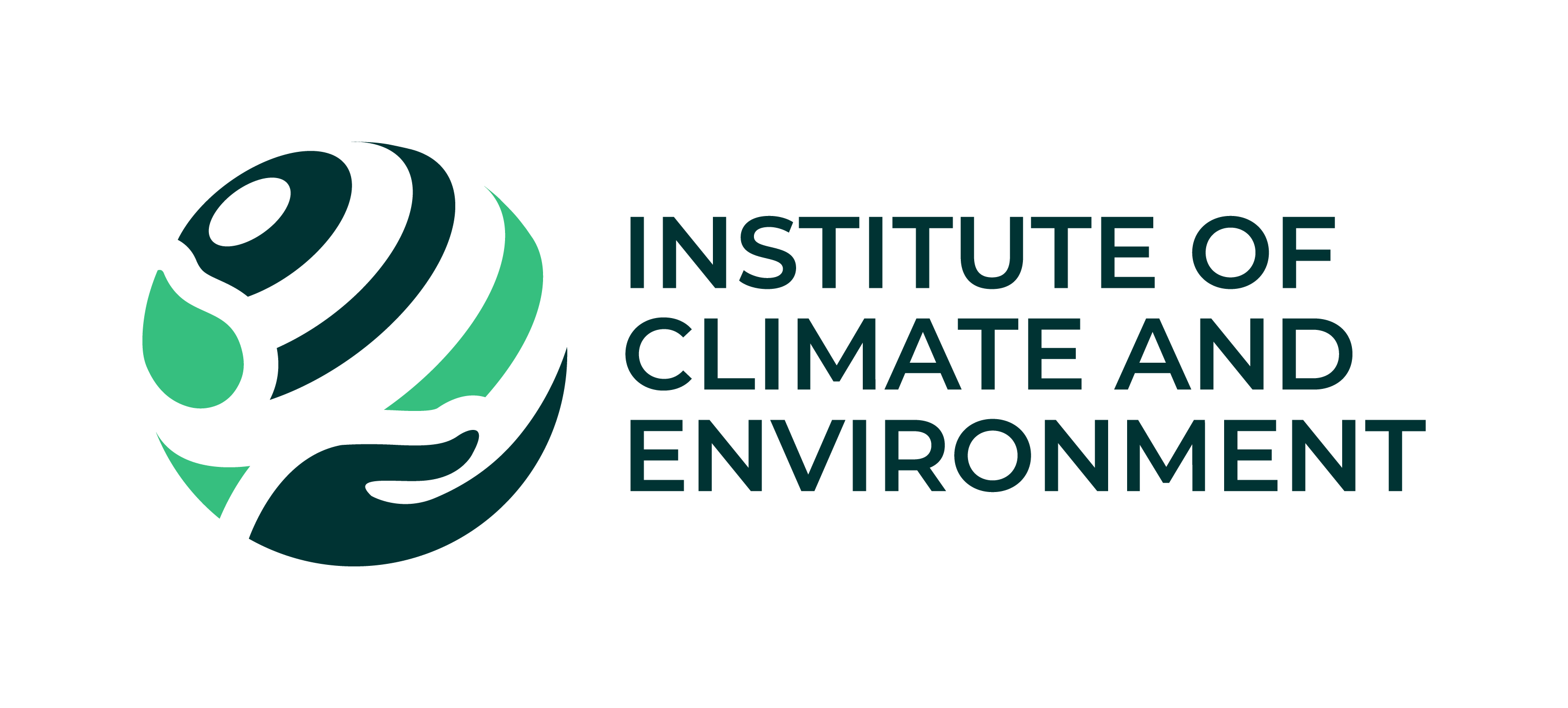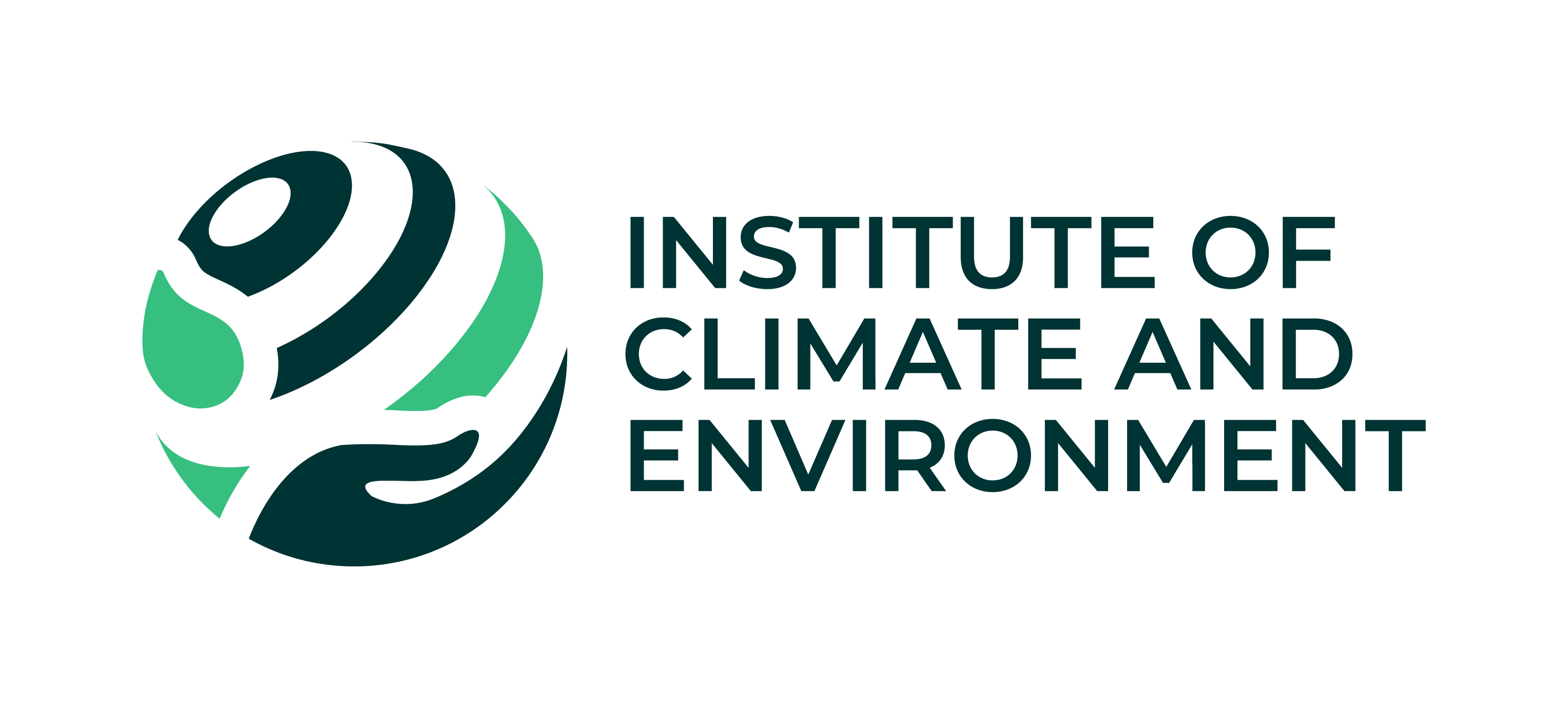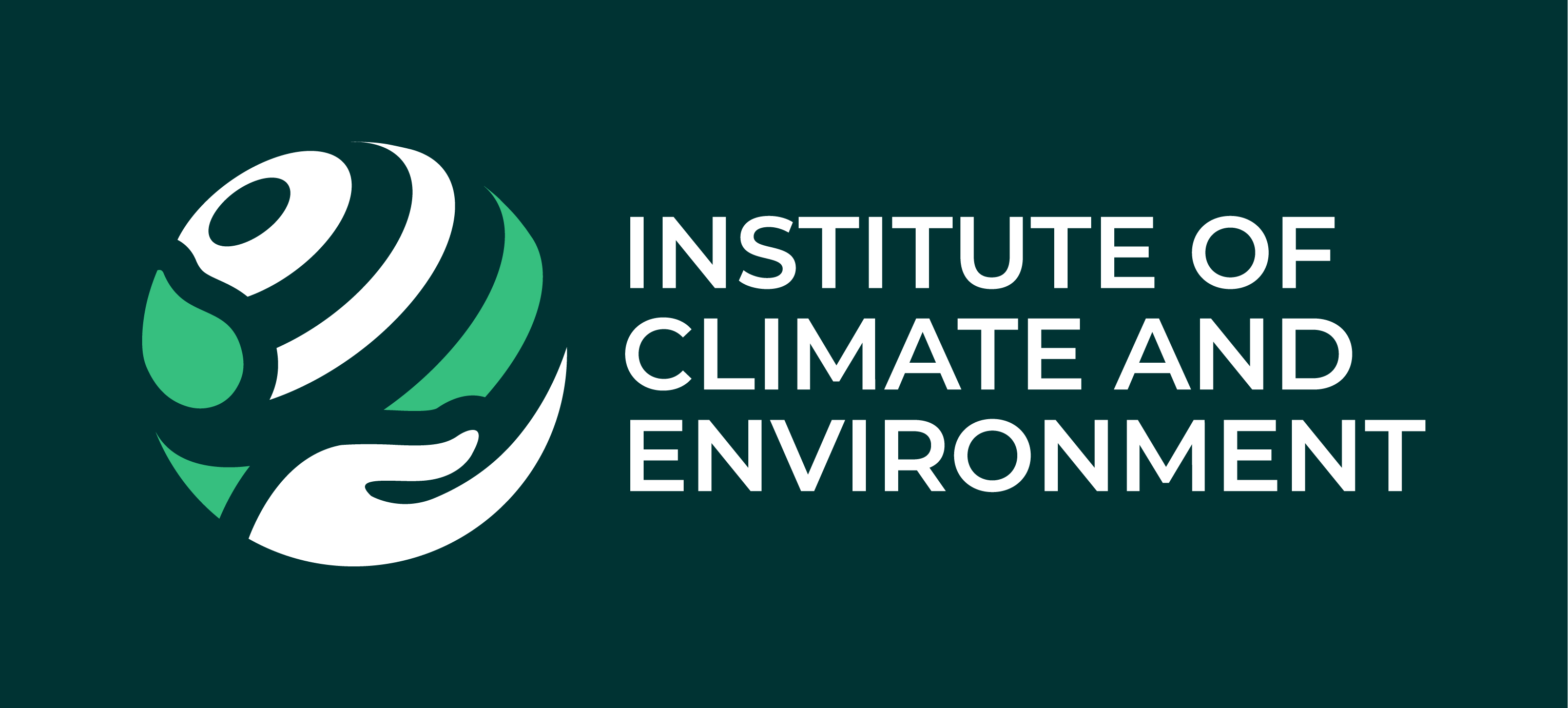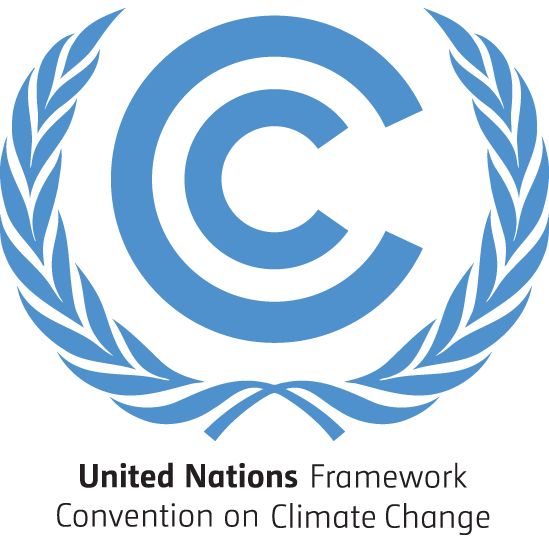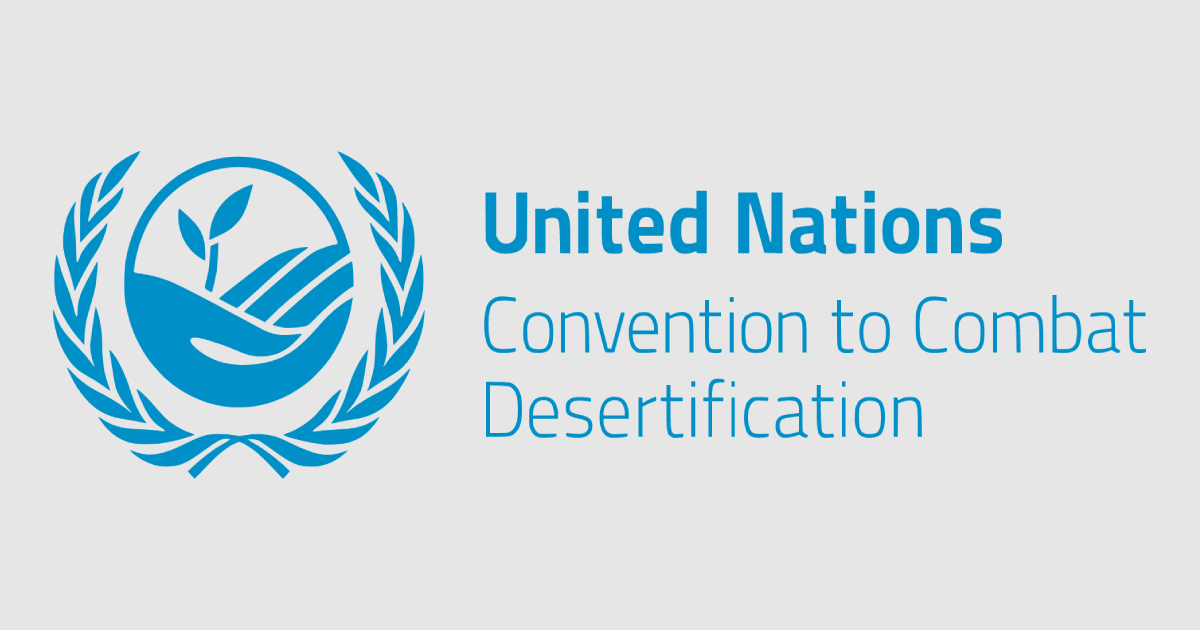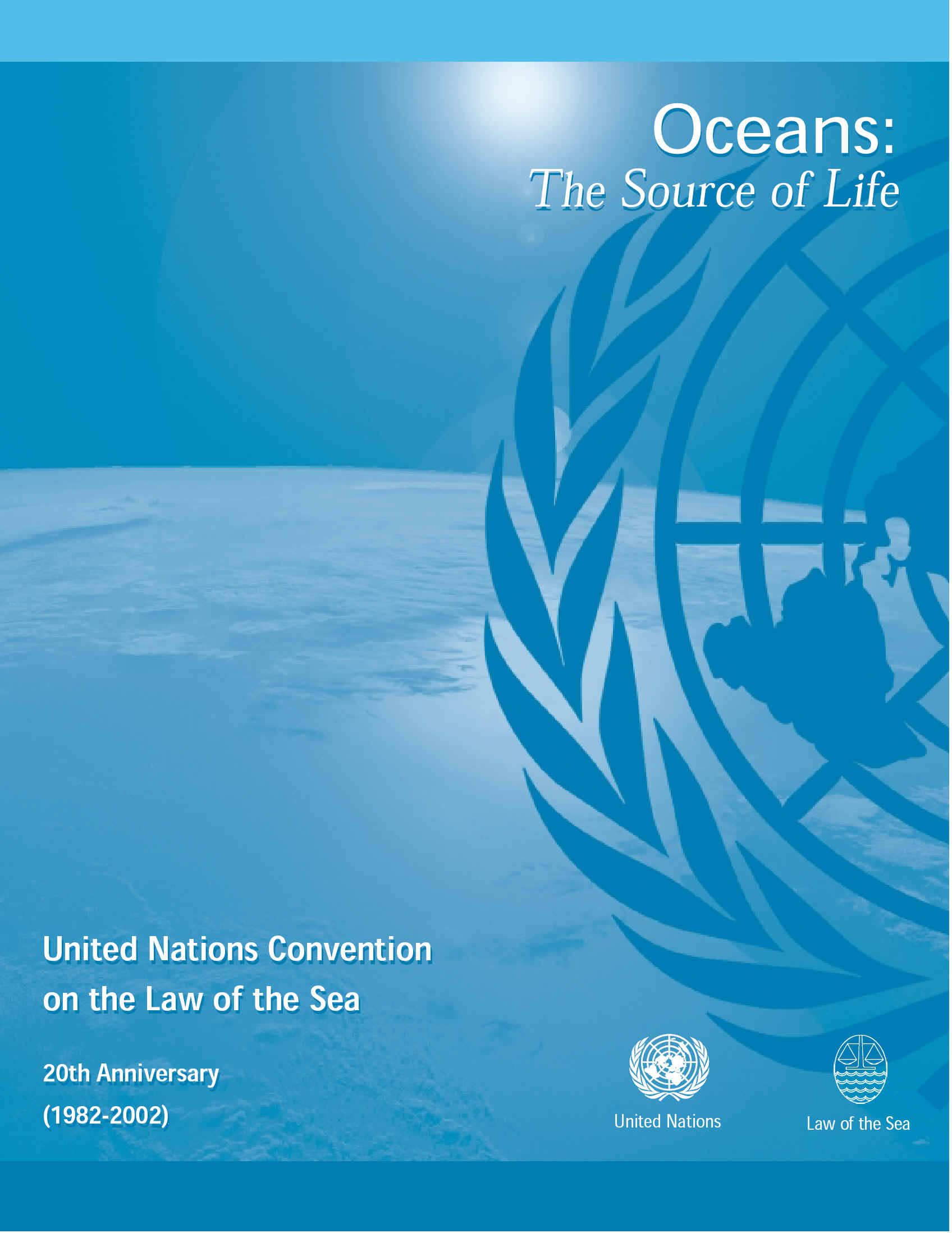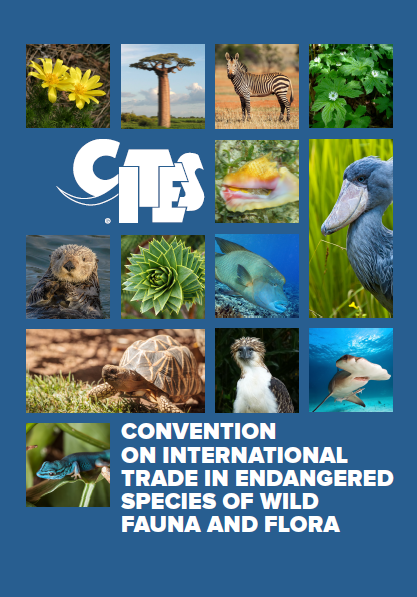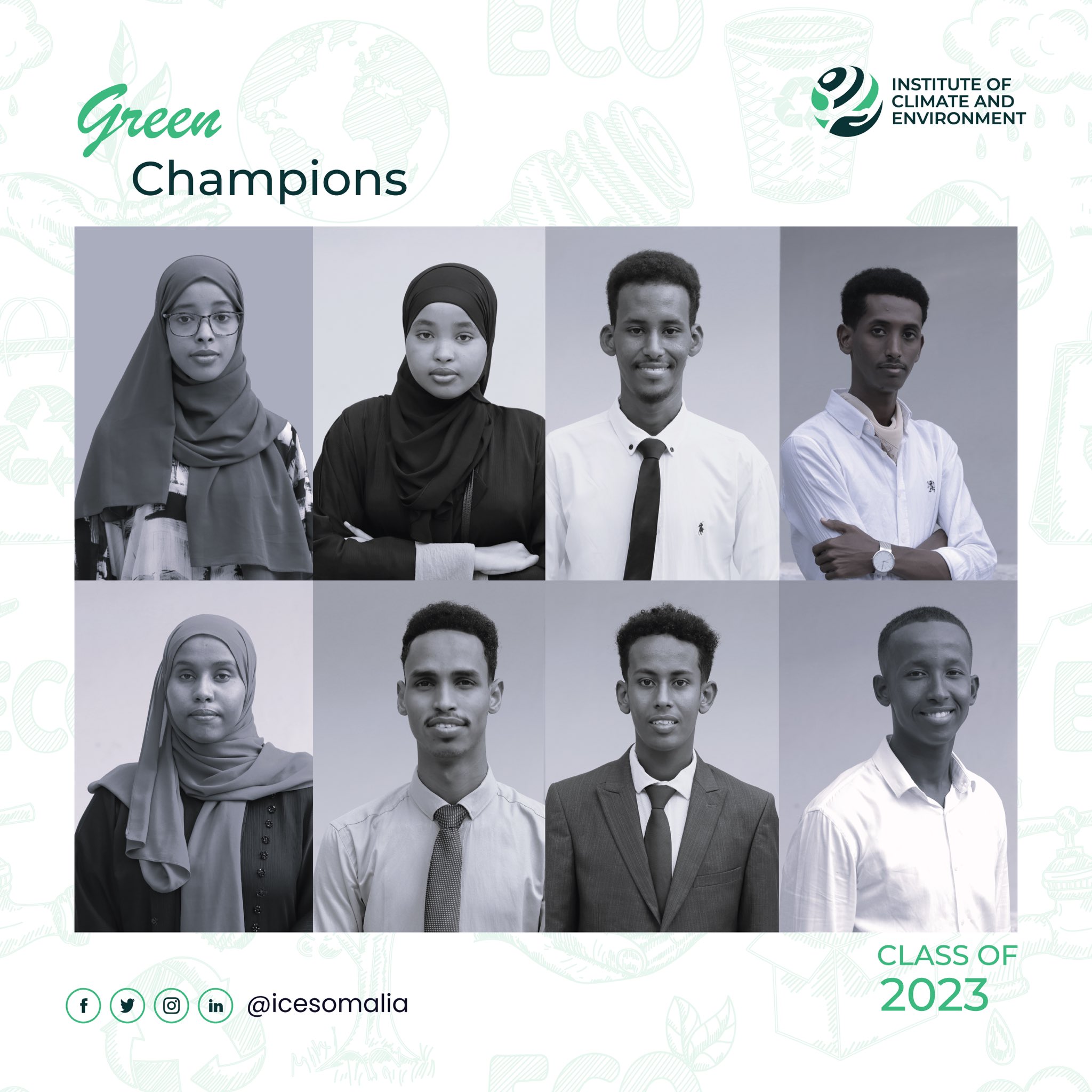United Nations Framework Convention on Climate Change (UNFCCC)
The United Nations Framework Convention on Climate Change (UNFCCC) is an international treaty established in 1992 with the goal of addressing the global issue of climate change. It provides a framework for negotiating and implementing measures to mitigate climate change and adapt to its impacts. The convention emphasizes the principle of common but differentiated resp
United Nations Convention to Combat Desertification (UNCCD)
The United Nations Convention to Combat Desertification (UNCCD) is a significant global initiative that focuses on addressing the complex challenges presented by desertification, land degradation, and drought. By promoting international collaboration, advocating for sustainable land management techniques, and empowering local communities, the convention plays a pivota
United Nations Convention on the Law of the Sea
The United Nations Convention on the Law of the Sea (UNCLOS) is an international treaty that defines the rights and responsibilities of countries regarding the use and conservation of the world’s oceans and their resources. It was adopted in 1982 and has been signed and ratified by a large number of countries. UNCLOS establishes rules […]
Convention on International Trade in Endangered Species of Wild Fauna and Flora
The Convention on International Trade in Endangered Species of Wild Fauna and Flora (CITES) is a pivotal international agreement established to address the critical issue of preserving endangered species and their habitats. Enacted in 1975, CITES seeks to regulate and manage the global trade of wild animals and plants, particularly those at risk due to […]
Convention on the Conservation of Migratory Species of Wild Animals
The Convention on the Conservation of Migratory Species of Wild Animals, also known as the CMS or the Bonn Convention, is an international treaty aimed at conserving and managing migratory species and their habitats. Adopted in 1979, the convention brings together countries and organizations to work towards the protection of species that migrate across national [&hell
Will Green Somalia initiative Rescue the Country from the Engulfed Deforestation?
Introduction Somalia, situated in the Horn of Africa, experiences arid and semi-arid conditions, with two seasonal rainfall periods and an average annual temperature of around 30 °C. However, political challenges, including state collapse and clan conflicts, have affected Somalia over the last two decades, leading to famine and humanitarian intervention. The protract
Green Champions: Meet the Inaugural Class of 2023
The Green Champions at ICE Institute of SIMAD University is a dedicated student volunteer club comprised of young individuals who share a common passion for the environment, sustainability, and climate action. This yearly cohort-based network selects young volunteers from the student body, providing them with a unique platform to contribute actively to environmental c
Validating the Stakeholder Engagement Framework for the National Adaptation Plan (NAP)
Climate Adaptation is one of the effective measures to deal with climate crises in the most affected areas. Somalia is not an exception to these realities, and there are ongoing efforts to adopt National Adaption Plan for Somalia. It is essential to include all stakeholders in the struggle against the growing threats posed by […]
